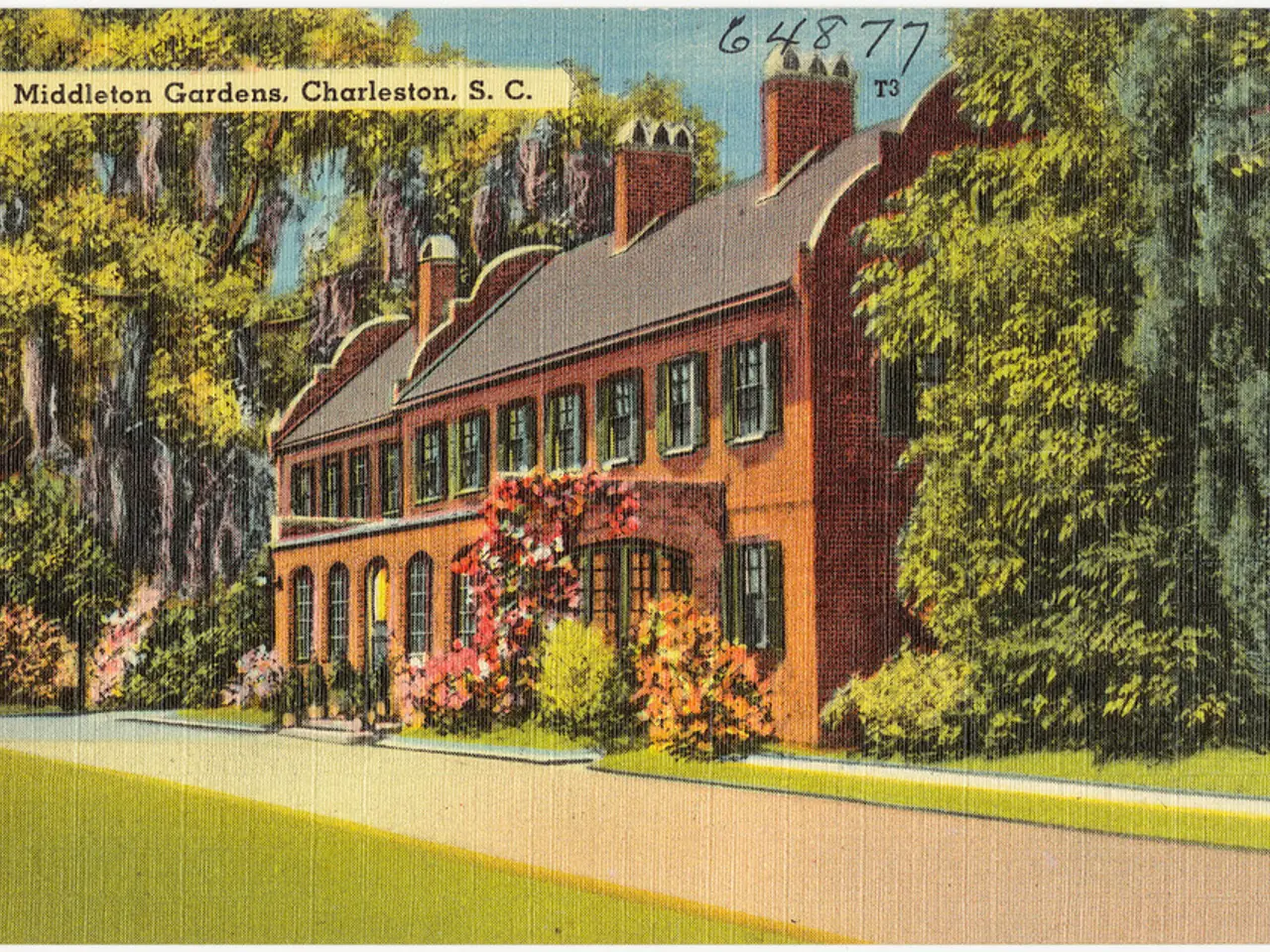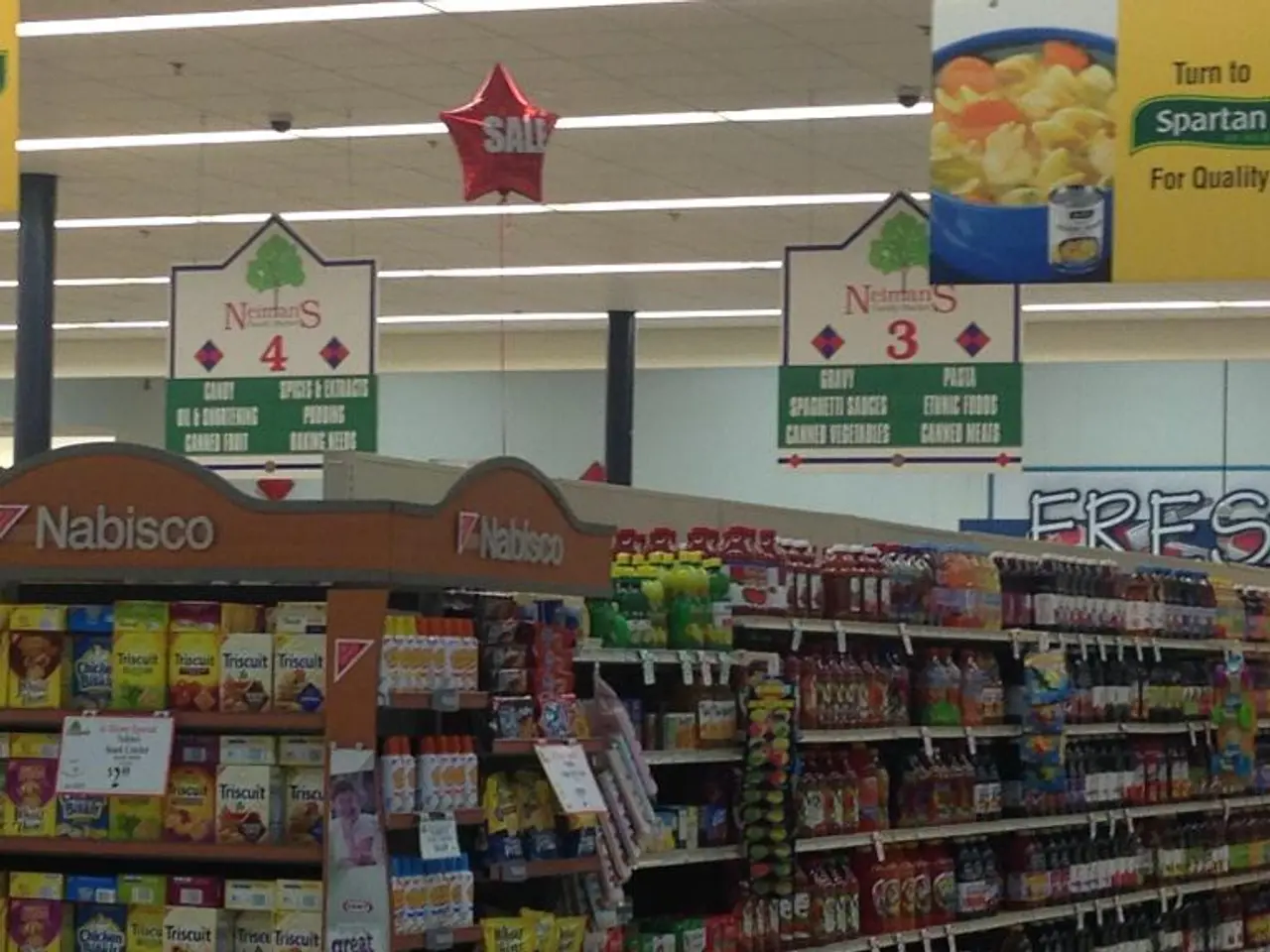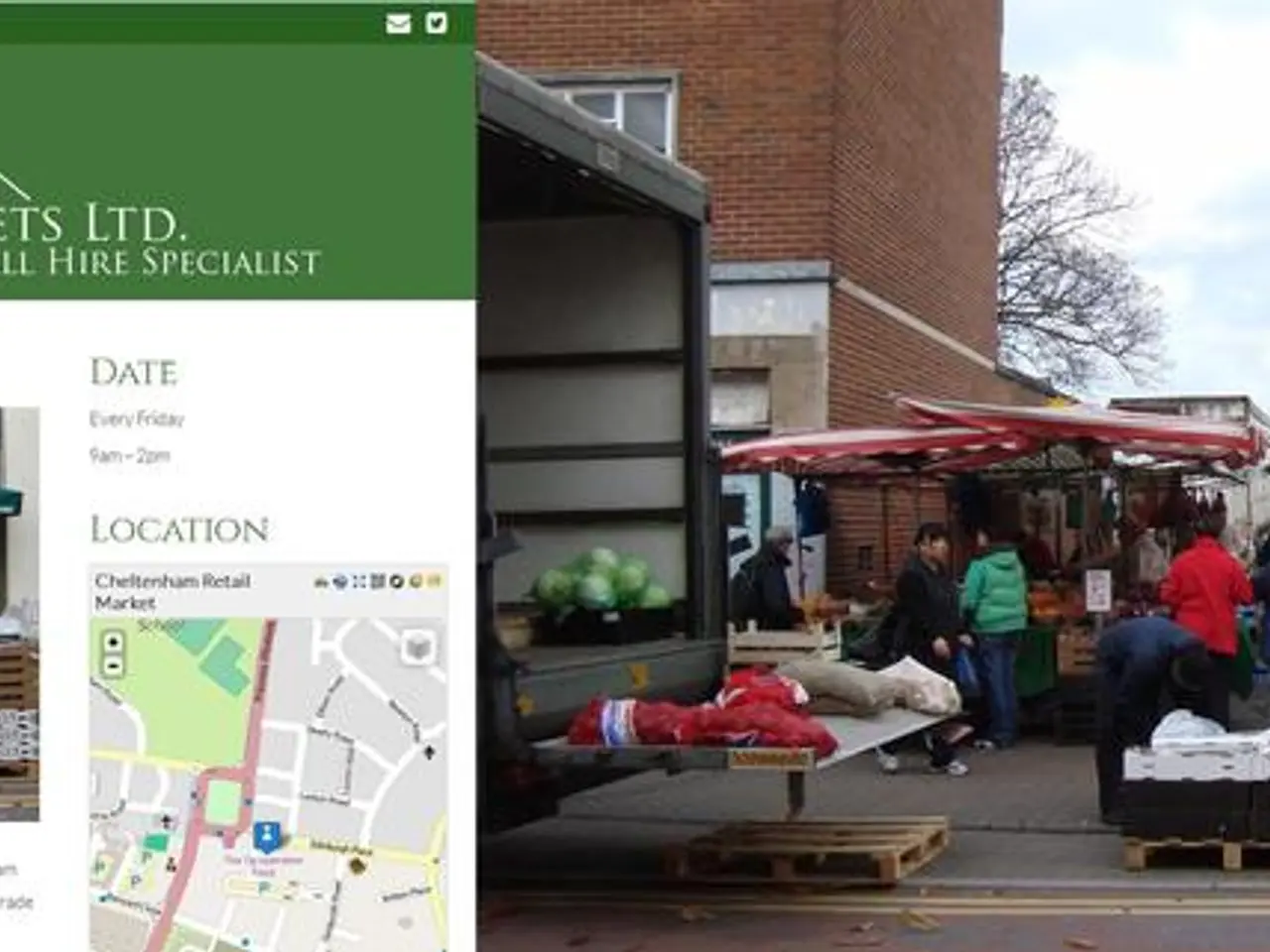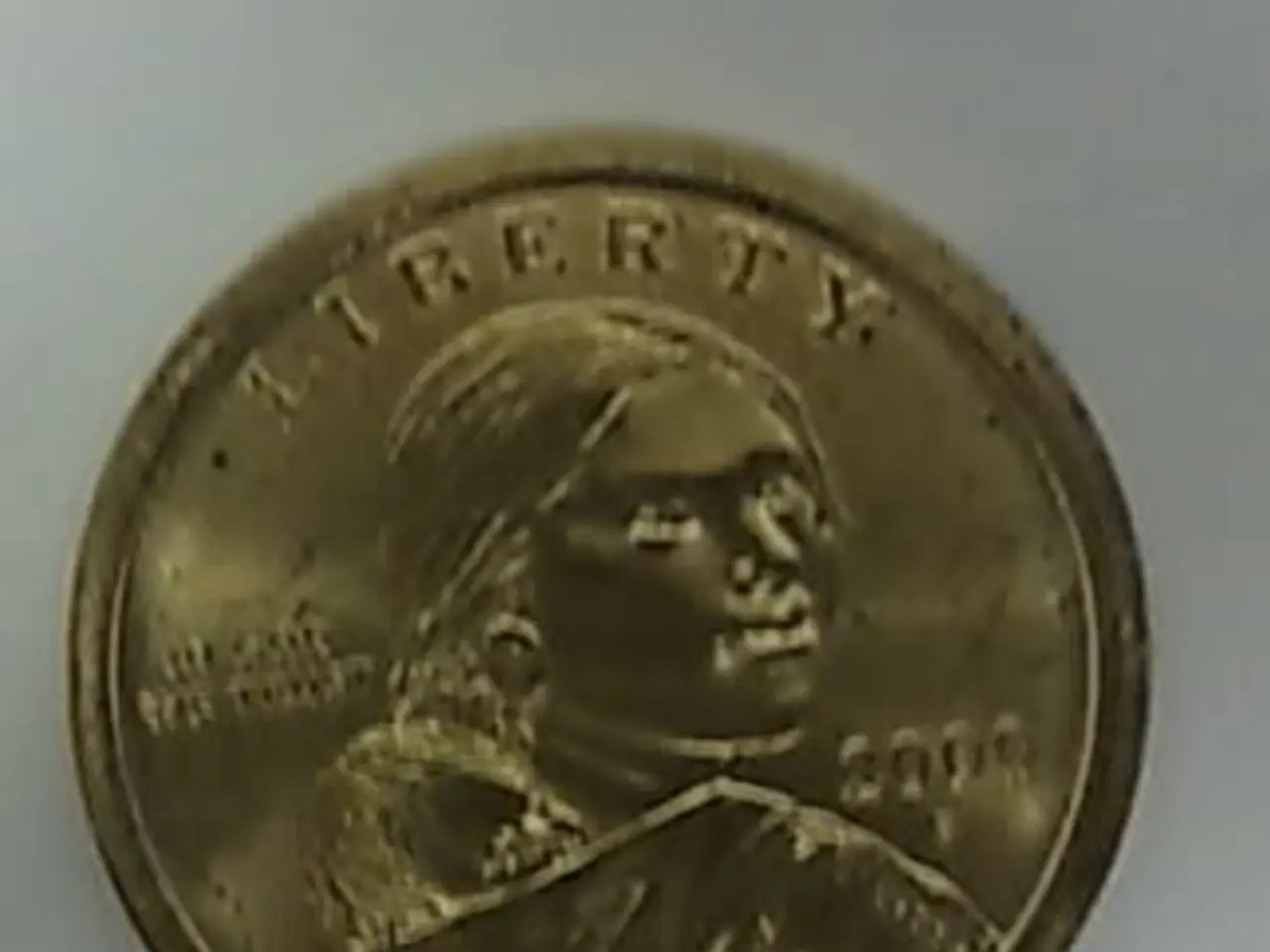Bergen County collaborates with Balcony on a $240 billion blockchain property tokenization endeavor
================================================================================
In the realm of technological innovation, the adoption of tokenization technology is making waves in the public sector, particularly in the realm of real estate. This transformation is evident in the Bergen County project, which is embracing tokenization technology for various applications within the sector.
Balcony, a company at the forefront of this shift, is collaborating with multiple New Jersey municipalities, including Camden, Morristown, Cliffside Park, and Fort Lee. With Bergen County's adoption, Balcony will manage over 460,000 properties representing $290 billion in real estate value across the state.
Meanwhile, the Inter-American Development Bank is partnering with ChromaWay on a blockchain property registry. This collaboration is part of a growing trend that extends beyond the U.S. borders, with Israel developing a tokenized real estate exchange of its own.
Medici Land Governance, a recognised player in the tokenization space, has made strides in this field. The company has partnered with the City of Baltimore and the Rwandan government for blockchain-based land transfers and has expanded operations to countries including Mexico and Liberia.
Notable examples of land registry and real estate tokenization projects in the U.S. and globally include:
United States
- RealT, a prominent U.S.-based platform, tokenizes rental properties, enabling fractional ownership with tokens representing shares in actual real estate. It automates rental income distribution to investors' digital wallets weekly. RealT has made significant strides in Detroit, Michigan, where it has tokenized about 1,200 housing units across 800 properties since 2019. It is compliant with U.S. SEC regulations for security tokens and allows global investors to participate with minimal capital, thus democratizing access to real estate investing.
- RedSwan CRE focuses on tokenizing commercial real estate equity portfolios, such as a $50 million multi-family property portfolio. It replaces traditional bank loans with tokenized equity, enabling instant settlements and secondary market trading through Alternative Trading Systems (ATS). This innovation has provided developers with more affordable financing and lower interest rate risk.
Global and Other Innovations
- Landshare operates on the Binance Smart Chain and offers tokenized ownership of a range of real estate assets, including commercial properties. It includes decentralized finance (DeFi) features like staking, yield farming, and governance by token holders. Landshare expands flexible property ownership and exit opportunities globally through its platform.
While explicit documented partnerships with cities or governments are not prominently noted in the available sources, tokenization projects typically ensure legal compliance with government regulations and may operate within jurisdictional frameworks. However, partnerships focused on land registries or municipal level collaborations remain less common or less publicized in these results.
In a notable instance, Balcony's platform has uncovered nearly $1 million in lost municipal revenue in Orange, New Jersey, demonstrating the potential benefits of such collaborations. As these technologies continue to evolve, it is expected that more partnerships between tokenization platforms and cities or governments will emerge, revolutionising the way we approach real estate transactions and management.
- The adoption of tokenization technology in real estate projects, like the Bergen County project, offers insights into how assets can be managed more efficiently.
- With the Inter-American Development Bank collaborating on a blockchain property registry, it showcases the global interest in tokenization for real-estate assets.
- Medici Land Governance's partnerships with governments, such as the City of Baltimore and the Rwandan government, demonstrate the potential of blockchain technology in finance and real-estate transactions.
- RealT's tokenization of rental properties in Detroit, Michigan, exemplifies how investing in real estate can become more accessible and democratic through tokenization technology.
- The growth of DeFi features, like staking and yield farming, in tokenized real estate platforms like Landshare, signifies the future trend of technology enabling flexible and global property ownership.




